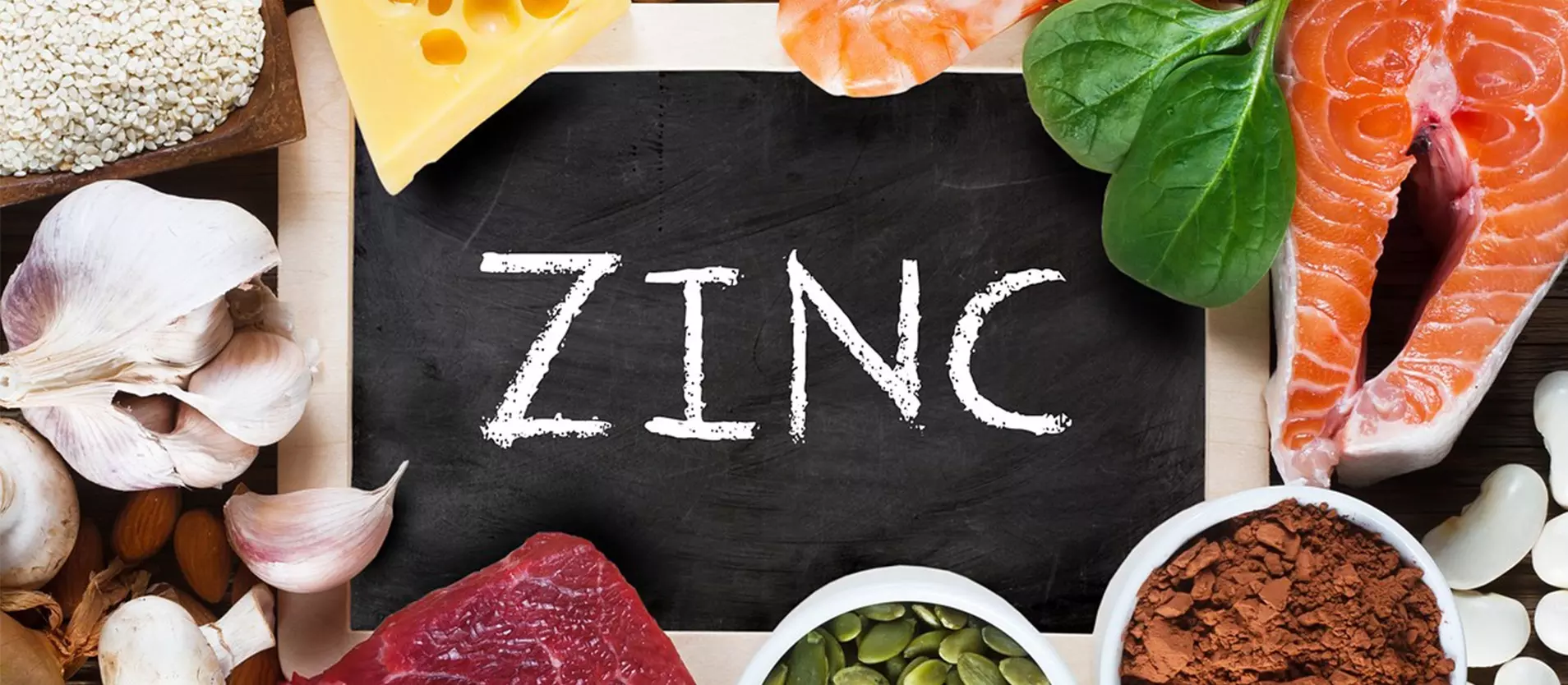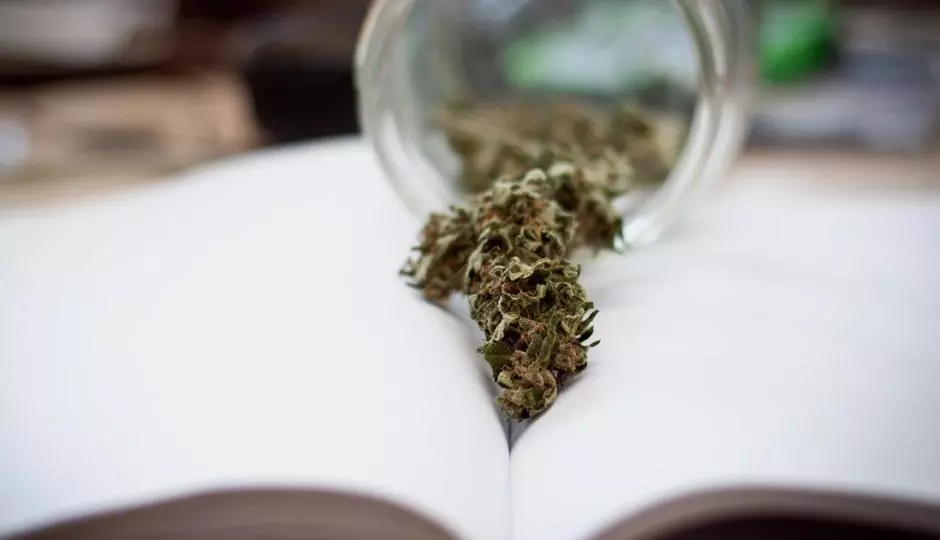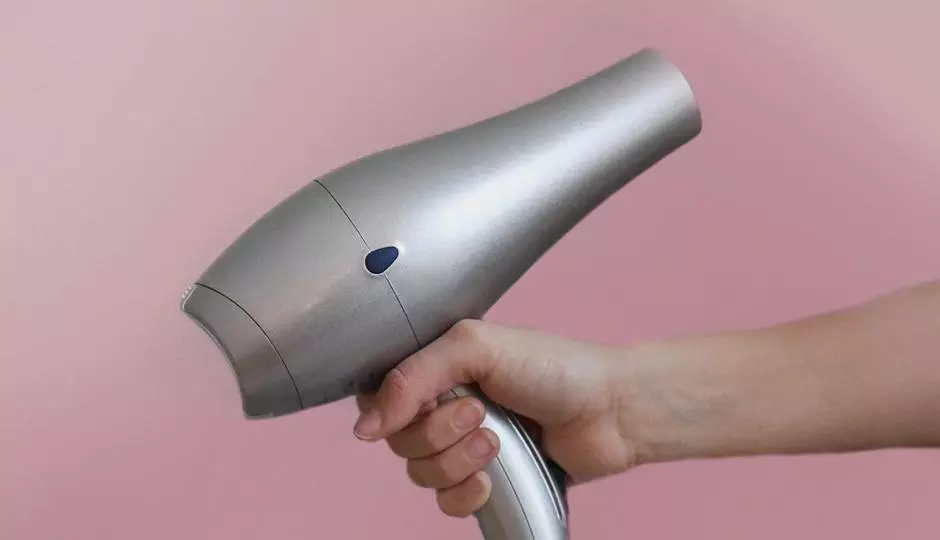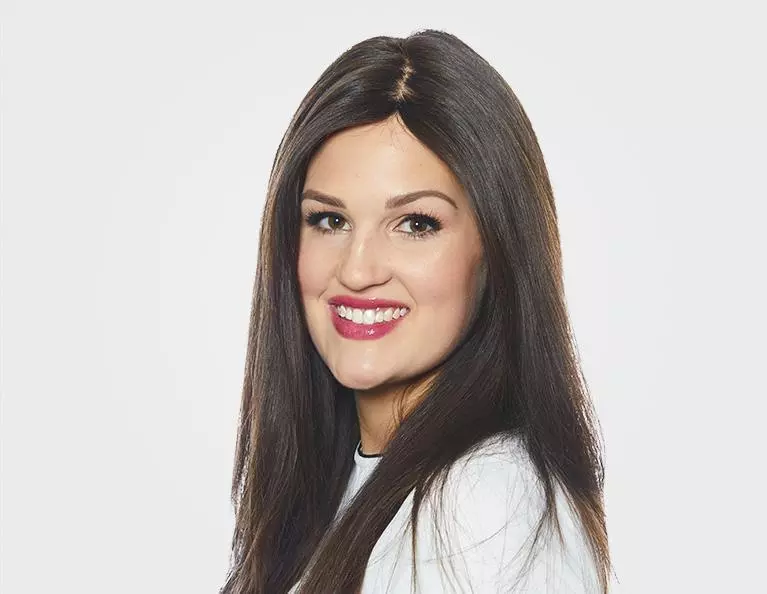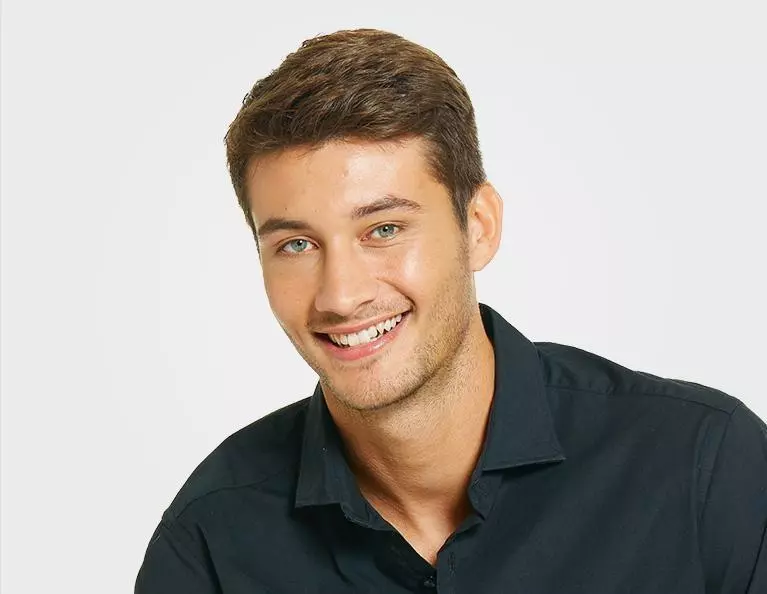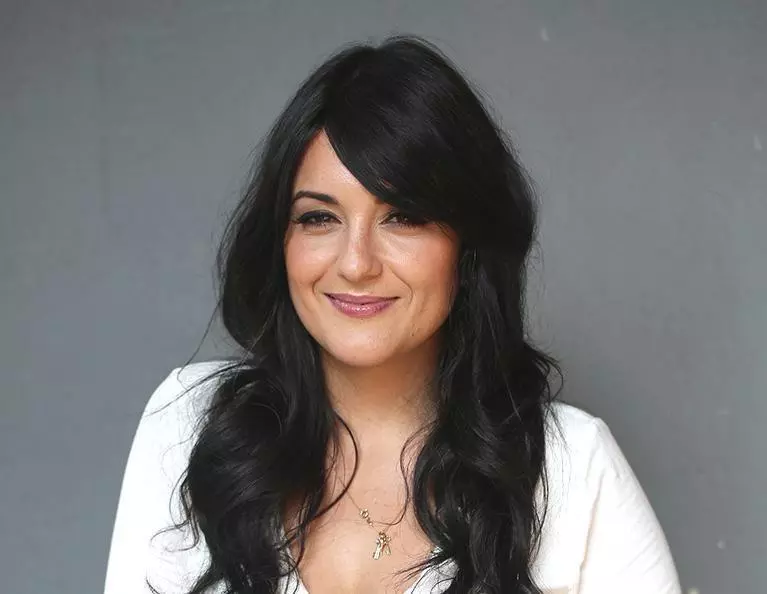Everyone knows a balance of vitamins and minerals helps keep the mind and body in good condition. A deficiency in a certain vitamin or mineral can produce varying symptoms in the body. One of the most visible signs of a zinc deficiency, for example, is hair loss. There is an association between a deficiency in B vitamins and hair loss as well. Moreover, if you’re deficient in iron, you may experience telogen effluvium, which leads to thinning hair across the scalp.
If you suspect you’re low in any essential vitamins or minerals, a blood test is a good idea to confirm it. If levels are particularly low, your physician may write a prescription for a stronger version than you can buy in stores. You may also eat certain foods to naturally help boost your levels.
Which Foods Are High in Zinc?
Red meat is a superb source of zinc, with 100g of raw meat delivering almost half the daily recommended amount for men. Women get even more from the same amount of ground beef – almost 60%.
If you don’t eat red meat, you can get a reasonable amount of zinc from chickpeas, lentils, and other legumes. It’s not as easily absorbed as zinc from other sources, although dried legumes that are soaked prior to cooking seem to perform better in this area.
Nuts and seeds are handy snacks to have on hand that can boost your zinc levels during the day too. Really, many components of a healthy diet will help provide you with the zinc you need to support hair loss prevention.
What Should You Eat to Boost Your B Vitamin Intake?
Here’s an easy way to remember some of the best foods to eat to get more vitamin B in your diet – some of them begin with B. Broccoli and Brussels sprouts are great to eat, and healthy for other reasons too. Breakfast cereals are often fortified with vitamins and minerals to provide a strong start to the day. Look for those with folic acid to be sure you’re getting some vitamin B. Since dairy products like milk contain some zinc, this is a good two-for-one option to think about.
You’ll find other vegetables are good sources of vitamin B too. Anything leafy and green is good, so a decent salad can also work. Baby spinach leaves work well with many meals, and shredded cabbage (another excellent way to get some vitamin B) is ideal as the base of many a slaw recipe.
Which Foods Should You Focus On to Improve Your Iron Levels?
The important thing to remember about iron in foods is that you won’t absorb all of it. Animal products such as meat contain something called heme iron, and you can use as much as 30% of the amount you ingest. While iron does exist in many plant-based foods, you may absorb as little as 2% of the amount you eat, so bear that in mind. At best, you wouldn’t absorb more than around 10%. That’s because it’s a different type of iron, known as non-heme iron.
Of course, the best bet is to get a good mix of foods containing iron, both from meat and plant-based sources. Eggs perform well too, making it onto the same list as many types of meat that contain iron. You might also consider different types of seafood such as tuna and mackerel.
The good news is that iron is present in lots of items, including beans, lentils, fruits, vegetables, and a range of bread. So, a balanced diet should provide you with lots of sources of iron to look at.
Could Food Be One of the Best Hair Loss Solutions Around?
There are many reasons why someone might experience hair loss. However, eating a balanced diet filled with fruit and vegetables and containing good sources of zinc, B vitamins, and iron will certainly help you support strong hair growth, no matter the condition of your hair at present.
While a trip to the doctor is always advisable if you notice any symptoms that could be due to a vitamin or mineral deficiency, it’s reassuring to see there are plenty of foods you can eat to help redress the balance.
To learn more, contact the team at Unique Hair Concepts.
